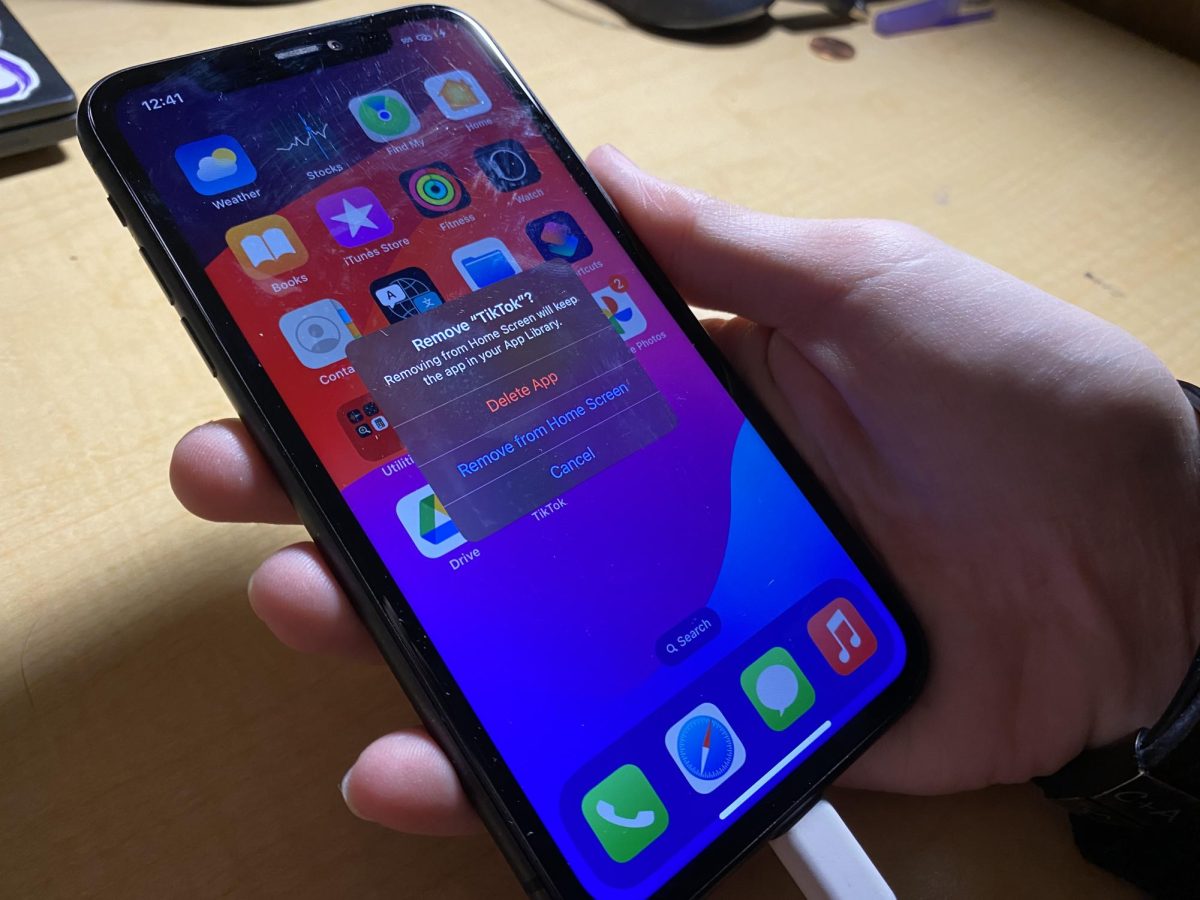Less than a year ago, TikTok CEO Shou Zi Chew was grilled on Capitol Hill over fears about our data being stolen and uploaded to servers in China, which made efforts to ban the app at the time not shocking. Now, the senate has voted to approve a bill aimed at forcing TikTok to “divest” from their owners, ByteDance, over data privacy concerns. This issue on data privacy has been the same as it was in both 2023 and 2020. The discussion on banning the app got quiet for the rest of 2023, until a bill proposing a ban of the app quickly got passed in the house.
A full “ban” of the app already should be a cause for alarm with those against blatant censorship, but the motivations behind such a ban may be worse than they may appear.
TikTok cannot be defined as having one singular community, because it all depends on what corner of the platform you’ve found yourself on. For instance, it can seem like an app where people who are too young to be on the internet congregate and cause mayhem with their nonsensical videos if you’re unlucky.
At the same time, TikTok may also be a place to find inspiration for a project, whether that is something academic or something personal, like a recipe idea. Or, maybe you’re someone who can find out the current events happening in the U.S. as well as abroad. What do these all have in common? Being about information.
Such information that can be found on the app is not always to the advantage of governments, and the U.S. knows this.
TikTok has been a popular place to find out information about the ongoing Israel-Palestine war, especially with college-aged people, which it is interesting that the conversation around banning a social media platform has ramped up again after this started to be the case. Rep. Mike Gallagher (R-WI), one of the politicians behind the bill, even told reporters after the vote towards the bill that TikTok “is increasingly becoming the dominant news platform in America.”
There are problems with getting all your news from one source, but the point still stands – the app easily allows people to see information that they might otherwise not. Younger generations are getting their news from sources besides the usual news media, and this seems to be a problem.
What is especially odd about the bill, though, is that it does not seem to apply to other countries that the U.S. has deemed “foreign adversary countries.” According to Section 4872(d) in Title 10 of the United States Code, countries that fall under this category include “the Democratic People’s Republic of North Korea; the People’s Republic of China; the Russian Federation; and the Islamic Republic of Iran.” The bill mentions TikTok and ByteDance directly by name, yet other social media platforms based in these adversary countries are not mentioned once.
Why is it that TikTok needs to be banned due to its prominence and ties to China, yet VK, a Russian-owned social media platform that is a known propaganda resource, does not even get a single mention in this bill? Why is Telegram, a messaging app originally based in St. Petersburg, not ripe for the picking – or banning – to be removed from mobile app stores for people in the U.S?
The most frustrating part about the motivations behind a potential TikTok ban would be that it is all in the name of “national security.” When U.S, citizens get spied on and their data harvested to be sent to other countries, that is bad. But when the U.S. does the exact same thing to its own citizens, that is justified and reasonable? No person should have their data sent away and sold to sketchy companies, no matter where you live.
For now, we should hold out hope that the effort falls flat in the Senate. And if the bill does pass, do not forget about a useful tool against internet censorship: a virtual private network (VPN). That way, you will not be locked out of the app if it were to get banned.




